Top: The Capitol Building on Capitol Hill in Monrovia. The DayLight/Harry Browne
By Gabriel M. Dixon
HARRISBURG, Montserrado – An inquiry by the Committee on Water, Sanitation, Hygiene and Environment of the House of Representatives found a quarry company polluted Harrisburg, validating a DayLight investigation.
The unpublished report, seen by The DayLight, found that the Z&C Investment Company rock quarry caused air, water and noise pollution in the Rural Montserrado township, established in the early 1800s by freed slaves from the United States of America.
The committee’s report acknowledged the distress of families, damages to homes and destruction of crops caused by Z&C’s operations.
The committee also found that the company did not have directional signs to warn residents and passersby of possible danger. It did not hire a safety or liaison officer between the company and the affected communities. There was a fuel spillage in the environment, and the committee found the company lacked functional toilets for workers.
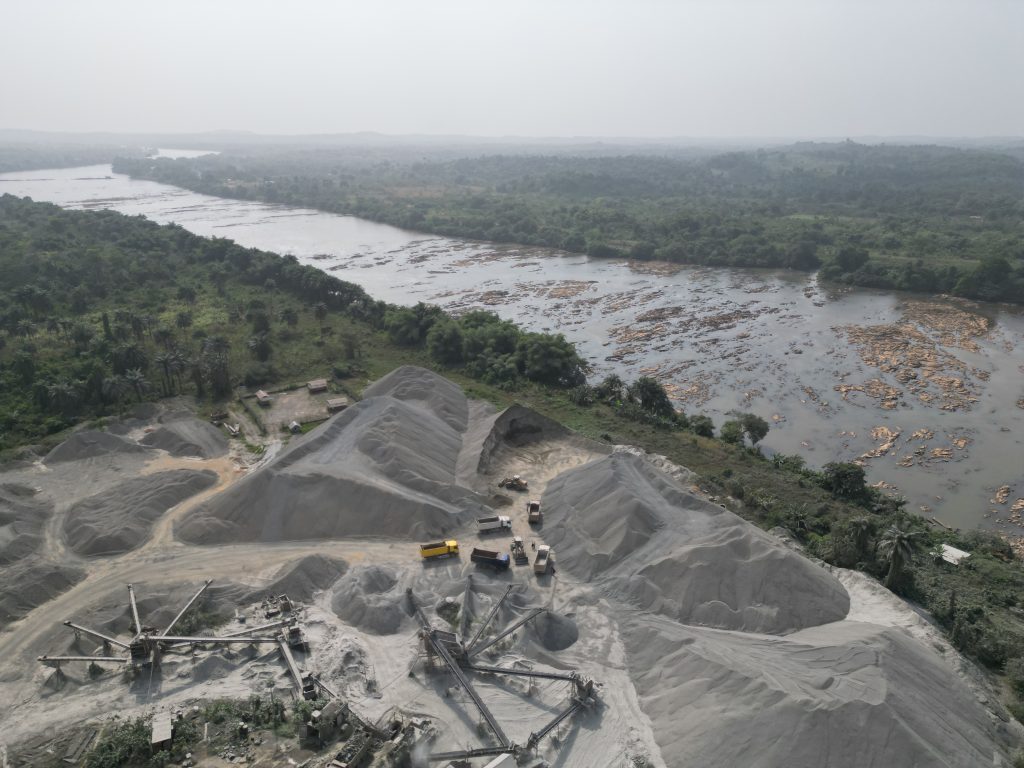
Z&C Investment Company, a Chinese-owned rock quarry got its license in 2012 from the Ministry of Mines and Energy to operate in Harrisburg. The company’s mining license covers 50 hectares in the rural Montserrado township. It is required to operate in line with Liberian laws, including mining and environmental regulations.
“I do understand everything they have said”, Stanley Gaye, Z&C’s human resource manager said in response to complaints against his company. “We say sorry and pray that we will take action.”
The committee recommended that Z&C pay US$15,000 a year to affected communities and put in place measures to curtail dust pollution. It ordered a review of the agreement between Z&C and residents. “Community members need to get a clear understanding of the agreement,” said Representative Anthony Williams of Maryland County, the committee’s head.
The lawmakers urged Z&C to provide the blasting report and profile of its engineers, ensure safety officers are always stationed on-site, and that the company informs the community two days before a blasting operation. It also included a call to introduce good housekeeping in and around the facility, provide a well-functioning latrine for workers and visitors and renegotiate the resettlement of a family that is closest to the facility.
The Sirleaf family is the most affected among the victims of the Z&C operations. Their house is located less than seven meters away from the rock-crushing plant. Frank Sirleaf, head of the family, said the company coerced his aunt, who is not literate, into signing an agreement.
Gaye said Z&C would address the concerns of residents and the Legislature.
“We have to do what is needed for which I cannot back the company,” Gaye said. “Z&C will work in compliance with the recommendations from the lawmakers.”
The committee report, however, failed to recommend punishment for Z&C Investment Company, a global best practice. The Environmental Protection and Management Law imposes a fine of up to US$25,000 or a 10-year prison term, or both fine and imprisonment, reinforcing the polluter-pays principle.
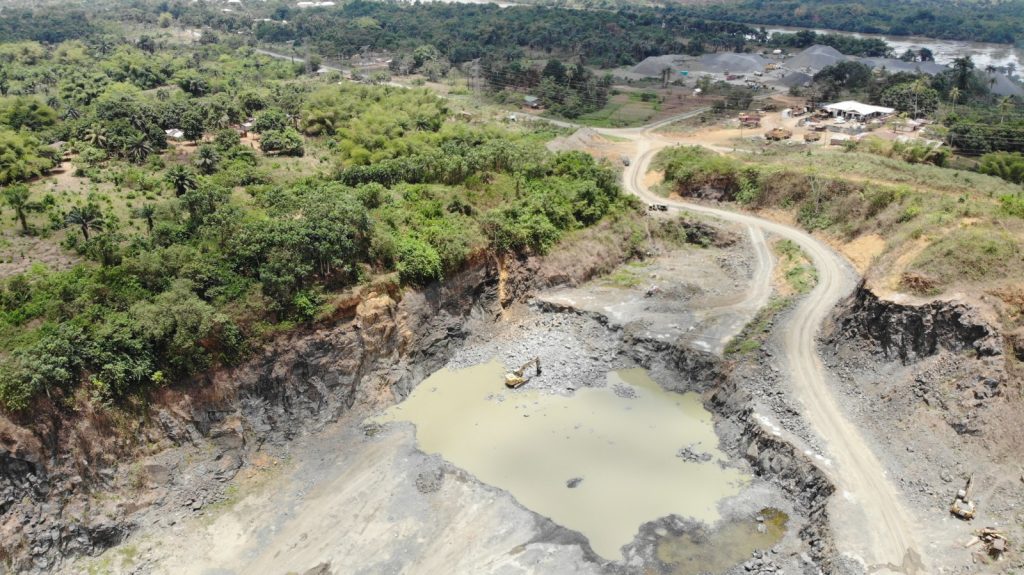
The DayLight publication had drawn the attention of lawmakers last month and led to a visit of a four-man committee.
During their visit, members of the committee along with residents and local chiefs had toured Z&C’s facility including its quarry plant. Members of the committee include Representatives Luther Collins of Gbarpolu, Jeremiah Sokan of Grand Gedeh, and Rugie Barry of Montserrado. Nelson Jallah, an environmental expert with the committee, also formed part of the delegation.
“We quizzed the people, [and] we quizzed the company and realized that the company falls short of those basic… responsibilities that it said it was going to complete,” Williams told The DayLight on the margins of the meeting.
At a meeting, the committee heard pollution from the rocks-crushing plant was taking a toll on residents’ crops and mine explosions cracked their houses. The blasting had damaged the Harrisburg Public School and the Lutheran School, endangering the lives of students and teachers. Years of quarry left big open holes in the area, corroborating The DayLight’s investigation.
The United States Embassy in Monrovia provided funding for this story. The DayLight maintained editorial independence over the story’s content.

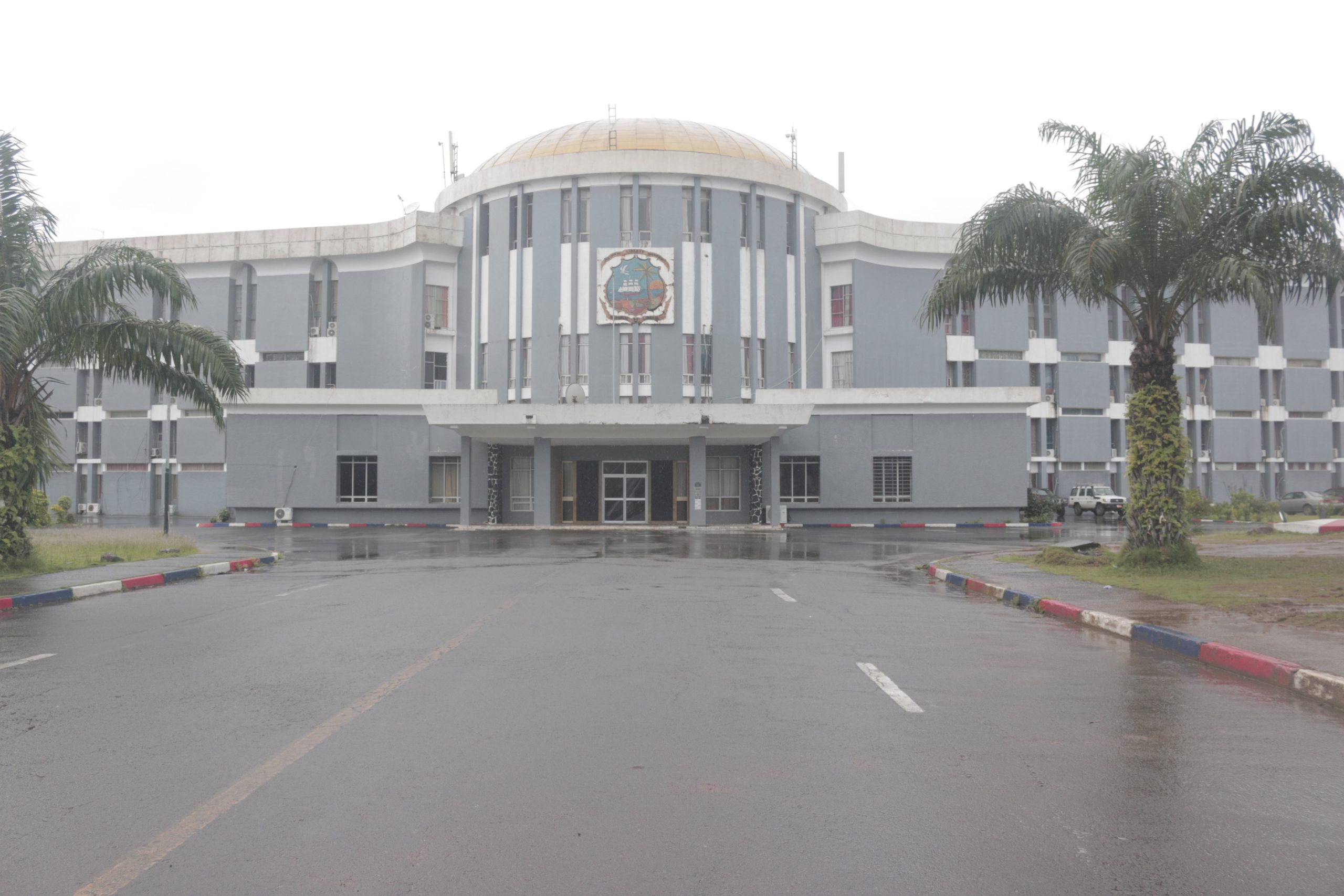
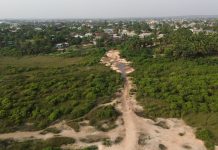
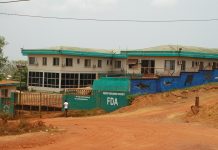
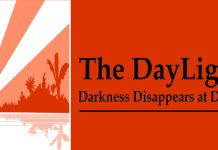
Facebook Comments